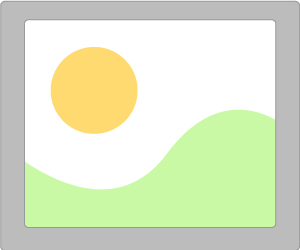讯息: 15
语言: English
david_uk (显示个人资料) 2017年2月16日下午3:47:34
This is something in "Step by step in esperanto", but I can only translate it as "We talk between four eyes", and that makes no sense at all.
nornen (显示个人资料) 2017年2月16日下午4:19:40
david_uk (显示个人资料) 2017年2月16日下午5:04:00
Can you explain why? Is that a common phrase in some other language?
I have never heard anyone say that in English.
david_uk (显示个人资料) 2017年2月16日下午5:37:48
http://ell.stackexchange.com/questions/117356/is-t...
Apparently this is a German idiom. What it is doing in a book that is supposed to teach Esperanto to English speakers I have no idea.
opajpoaj (显示个人资料) 2017年2月16日下午9:18:06
https://fr.wiktionary.org/wiki/entre_quatre-z-yeux
&
http://bdl.oqlf.gouv.qc.ca/bdl/gabarit_bdl.asp?id=...
bartlett22183 (显示个人资料) 2017年2月16日下午9:40:13
Roch (显示个人资料) 2017年2月16日下午10:13:32

Gestandnis unter vier Augen (released in other English-speaking countries as "Confession Under Four Eyes"), the 1954 Andre Michel West German romantic crime melodrama starring Hildegard Knef, Carl Raddatz, Ivan Desny, Werner Hinz, Franz Schafheitlin, and Stanislav Ledinek

edit
Oh I see through opajpoaj's link that it already existed by 1921
Vestitor (显示个人资料) 2017年2月16日下午10:20:04
I agree with Bartlett. Speaking in idioms (or inventing them) in Esperanto is a disaster waiting to happen. There is no way you can be sure that another person from a different culture will recognise an idiom's structure and meaning.
And let's face the fact, it's not as if the world is teeming with virtuoso Esperantists waiting to decipher them.
noelekim (显示个人资料) 2017年2月17日上午2:26:30
raydpratt (显示个人资料) 2017年2月19日下午5:01:49






